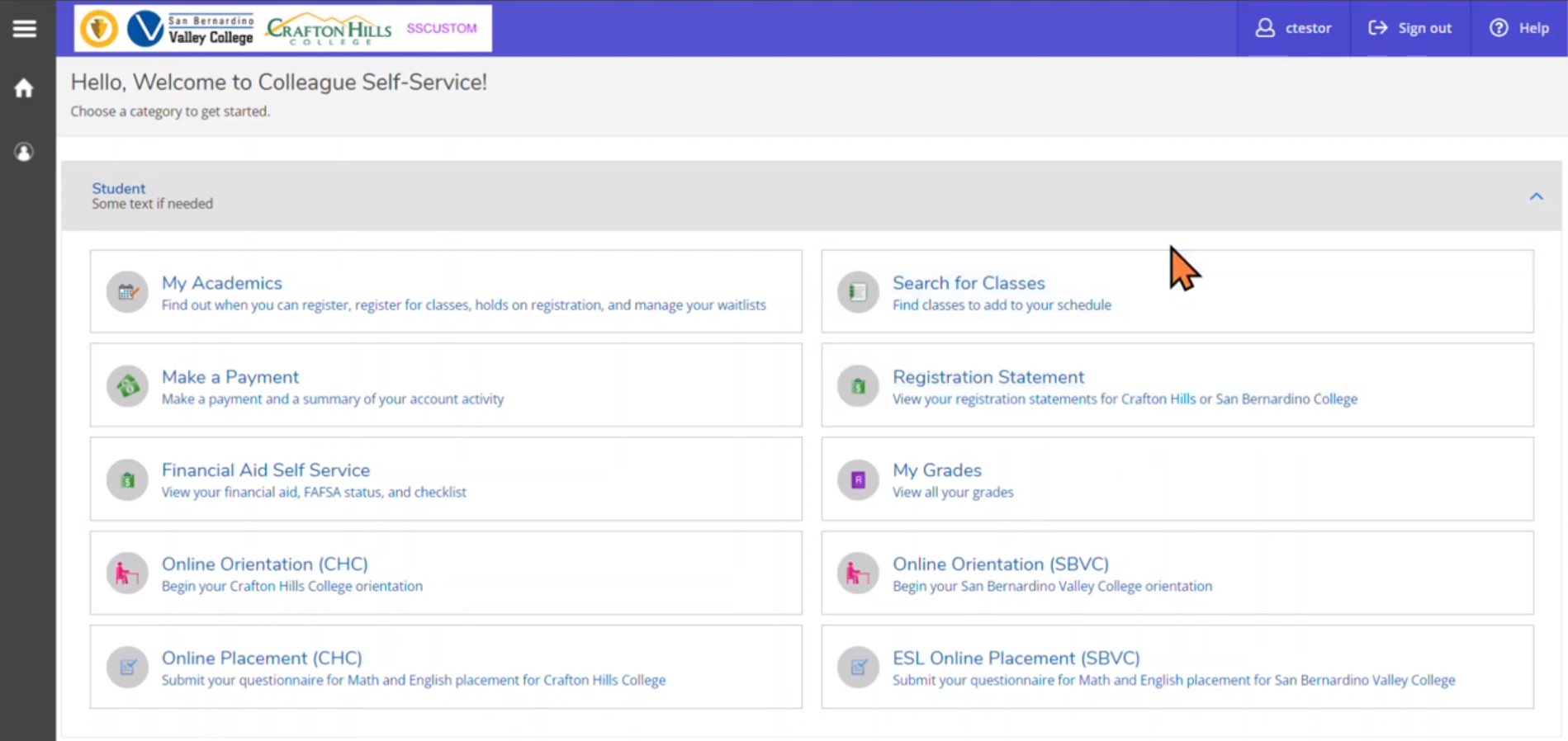Sociology Major

You love sociology and are planning to make the discipline your major. Sociology is a social science and liberal arts major, similar to psychology, cultural anthropology, political science, history and economics. State policies require students to meet with a counselor to develop an Education Plan.
If you're not yet sure that sociology is for you, you are encouraged to see a counselor and develop an Education Plan that will include a transfer path to a univesity. If you decide to major in a different field, then you will have still completed your requirements to transfer to a university. Please read the SBVC admission and financial aid requirements.
All sociology courses offered at SBVC are transferable to most universities and non-honors sociology courses have the following advisory: READ 015 or eligibility for READ 100 as determined by the SBVC assessment process. Honors sociology courses list ENGL 101 or ENGL 101H as prerequisites.
It is recommended that you complete these advisory courses prior to registering for a sociology course. Students who do not have college ready reading comprehension, academic writing, and basic mathematics skills are less likely to succeed in a sociology course, since major emphasis is placed on the ability to read and retain information, write clearly, and find and interpret information. To meet CSU and UC university transfer guidelines, all sociology courses include a criticial think writing component. Sociology faculty incorporate approximately ten pages of writing throughout the semester to assess student understanding of course objectives.
Completing the Sociology Associate of Arts Transfer Degree, (AA-T) offered at SBVC is intended for students who plan to complete a bachelor's degree in a similar major at a CSU campus. Students completing these degrees (AA-T or AS-T) are guaranteed admission to the CSU system, but not to a particular campus or major. However, don't limit your goals to only transferring to a CSU university since UC universities, out of state universities, and many private four year colleges and universities offer sociology programs that may be more suitable to your educational and career goals.
So you might be thinking what four year university is best for me? While this is a personal decision, there are SBVC transfer counselors that can help you with the transfer and application process. If you're planning to transfer to a university, regardless of your major or field of study, you need to start the transfer application process at least one year prior to the completion of your degree or required coursework at SBVC, and this also includes the submission of your financial aid application.
A transfer counselor will explain the courses you still need to take to transfer, introduce you to representatives from universities, help you with the university admission application and financial aid, and may even organize a field trip to your chosen university and more! You might also qualify to have your university application fees waived and a transfer counselor can help you with this. SBVC has agreements with many universities and you can even complete university courses prior to transfer and while still attending SBVC. Make an appointment and ask as many questions as you need. Even if you have to come back to the Transfer and Career Center. It's ok! If you are a SBVC student the Transfer and Career Center is the place to be! You can even make an appointment online.
Once you transfer as a sociology major to a four year college or university, you will be taking specialized sociology courses as part of the requirements of a Bachelor of Arts degree. After graduating with a Bachelor of Arts (BA) degree in sociology and If you decide to attend graduate school to earn a Masters of Arts (MA), or a Doctorate (PhD) degree in sociology, you will become an expert in one of the many sub areas of sociology.
A sociology minor is also a great option for students who have already decided on a major and career but also enjoy studying sociology. A minor in sociology usually requires one additional semester of study at the university level (not at SBVC). Sociology minors have a competitive edge, since employers recognize the extra effort and the minor is noted on your transcripts. However a sociology minor might not be the best decision for everyone since this may delay graduation, add to college loan debt, and postpone career opportunities.
Students are encouraged to immerse themselves in the community college and university experience by participating in college events, extrracurricular activities and clubs, internships, and seek out faculty mentors and student services. These opportunities will help you keep your educational goals on track so you can advance in your career and professional development.
Sociology or Psychology: What’s the Difference?
While both disciplines are interested in human behavior, psychologists are focused on how the mind influences that behavior, while sociologists study the role of society in shaping behavior. Psychologists are interested in people’s mental development and how their minds process their world. Sociologists are more likely to focus on how different aspects of society contribute to an individual’s relationship with his world. Another way to think of the difference is that psychologists tend to look inward (mental health, emotional processes), while sociologists tend to look outward (social institutions, cultural norms, interactions with others) to understand human behavior (CC-BY, Lumen Learning, Introduction to Sociology).


